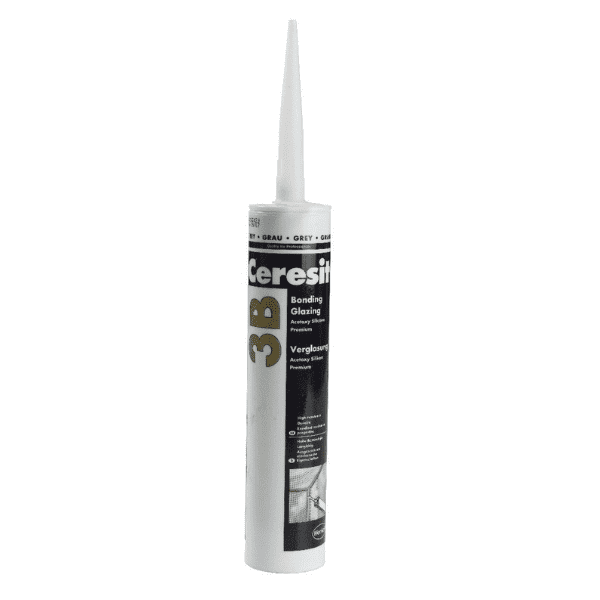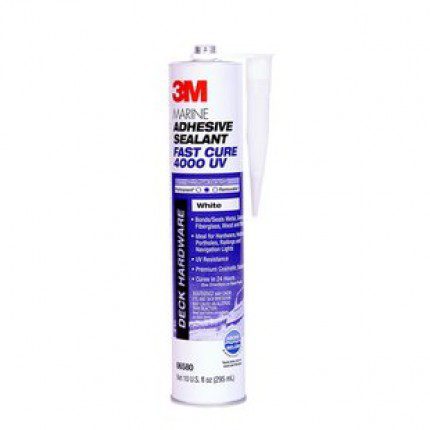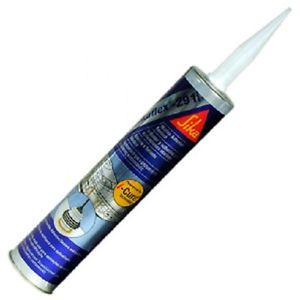Marine adhesives pay tribute to the inventiveness of advances in adhesive technology. They offer a wide range of marine applications to problems presented by the marine environment (e.g., saltwater corrosion, chemical reactions, and a need for flexibility, etc.,)
The structural integrity, longevity, and safety of vessels are greatly enhanced by these speciality adhesives, which are crucial to the boating and marine industry. Read on as we explore this topic in detail.
Key qualities to expect from marine adhesives
Detailed below are ten essential characteristics to expect:
- Chemical resistance – resists chemicals, which are commonly found in marine environments
- Compatibility – the adhesive must be compatible with the marine materials and substrates it encounters
- Corrosion protection – must provide ultimate protection against corrosion from sea water, even in the harshest of saltwater conditions
- Durability – naturally, in often hostile marine conditions there is a need for durability and the ability to withstand pressures in the long term
- Fast curing – quick drying (called curing) is essential for operational efficiency and minimising vessel downtime
- Flexibility – this is needed to enable the vessel to freely move without impacting the strength of the bond
- Saltwater resistance – naturally, any vessel will have exposure to saltwater and therefore, corrosion resistance from sea water salt is important
- Strong bonding strength – as a minimum requirement, marine adhesives must create an ultra-strong bond
- UV resistance – must be UV light (ultraviolet) resistant. This is because vessels must endure prolonged exposure to the sun without any strength weakening
- Waterproofing – it is critical that the adhesive has powerful waterproofing capability to protect against water infiltrating the bond
Marine glue and sealing
Applying marine adhesives and sealants correctly is paramount to ensuring a vessel’s safety, integrity, and longevity. Understanding the right techniques for marine glueing and sealing is essential for a successful application.
Surface preparation
Surface preparation is a vital step to ensure that the bond adheres correctly and that the seal is not compromised. Surfaces such as steel and other substrates need to be cleaned, degreased, and dried thoroughly to remove contaminants. Never skip this step, it is the foundation required before any marine adhesive or sealant is applied.
Application methods
Marine adhesives and sealants should be applied with precision. Whether it is for structural bonding, sealing, or filleting, using the right technique is critical. Common marine applications include trowelling, caulking, or using specialised equipment, depending on the product and purpose.

We highly recommend Ceresit high modulus marine sealant
Tips and advice
Follow these tips and advice for top-quality marine sealing:
- Compatibility – always use marine adhesives and sealants that are compatible with the materials you are bonding or sealing. Compatibility issues can lead to premature failure
- Curing time – allow the adhesive or sealant to cure fully according to the manufacturer’s recommendations. Rushing this step can compromise the bond’s strength and sealing effectiveness
- Joint design – the design of joints where adhesives or sealants are applied plays a significant role in their performance. Ensuring proper joint design, including size and shape, is crucial
- Maintenance – proper maintenance, including resealing or re-bonding as needed, is essential to keep the vessel in optimum condition
- Quality control – regularly inspect the application to check for any issues, such as voids or incomplete seals. Identifying and addressing problems early often prevents costly repairs later
Popular marine sealants
Some of the most popular marine sealants available on the market are:
- Butyl rubber sealants – ideal for bedding deck hardware and sealing joints
- Polysulfide sealants – highly flexible (allowing for structural movement) and resistant to saltwater
- Polyurethane sealants – versatile sealing options for boats and ships
- Silicone sealants – excellent for above-waterline sealing applications
Popular marine adhesive types
Some of the most popular adhesives for marine use available on the market are:
- Epoxy adhesives – characteristics and applications in boat building and repairs
- Polyurethane adhesives – versatility and suitability for marine bonding
- Methacrylate adhesives – fast-curing properties and underwater applications
- Silicone adhesives – exceptional water resistance and sealing capabilities

This 3M marine adhesive sealant is an ideal product to choose
Marine sealants and adhesives available at DTC
Our entire range of marine adhesives and sealants are available when you click this link. Products are from leading marine industry manufacturers including 3M, Dow Corning, Sika, and other leading brands. Look out for marine applications such as:
- 3M – Marine adhesive sealant 4000 UV, white – 310ml – a durable, UV-resistant, white adhesive and sealant for marine and general-purpose applications
- Aquaseal – Mseal 595 marine sealant 300ml – trusted for superior sealing and waterproofing in marine environments.
- Ceresit – high-quality high modulus marine sealant – an adhesive solution for versatile applications, offering strong and durable bonding
- Sikaflex – a brand of polyurethane-based adhesive and sealant products manufactured by Sika AG of Switzerland. Sikaflex is widely used for bonding, sealing, and caulking in marine and other applications. Sikaflex products are known for their high-quality adhesion, durability, and versatility. Buy various Sikaflex marine products from DTC including Sikaflex 221, Sikaflex 290 (black, and teak), Sikaflex 291, Sikaflex 292, Sikaflex 295, and Sikaflex 298

Buy a range of top-quality Sikaflex products from DTC
Conclusion
Marine adhesives and sealants are essential for maritime industries, offering durability and safety, which is critical to keep vessels watertight. Key qualities needed include resistance to saltwater, UV light, and chemicals, as well as flexibility, and strong bonding. Proper surface preparation and application techniques are vital for successful use.
Tips we provided included material compatibility, curing time, joint design, maintenance, and quality control. Among the most popular marine sealants are butyl rubber, polysulfide, polyurethane, and silicone. Popular marine adhesives include epoxy, polyurethane, methacrylate, and silicone. If you are looking to buy adhesives and sealants for marine use, choose DTC for a wide range of marine industry adhesive and sealant products from leading brands.
When buying marine sealants and adhesives, and marine glue, DTC offers a comprehensive range of marine products to meet your needs. If you are exploring an ocean! of information and require guidance on selecting the right marine adhesives and sealants for your projects, do not hesitate to contact us for expert advice.
Contact us in these ways for further information:
- Visit our dedicated contact page by clicking here
- Call us at 023 8025 1100
- Send an email using sales@dtc-uk.com

